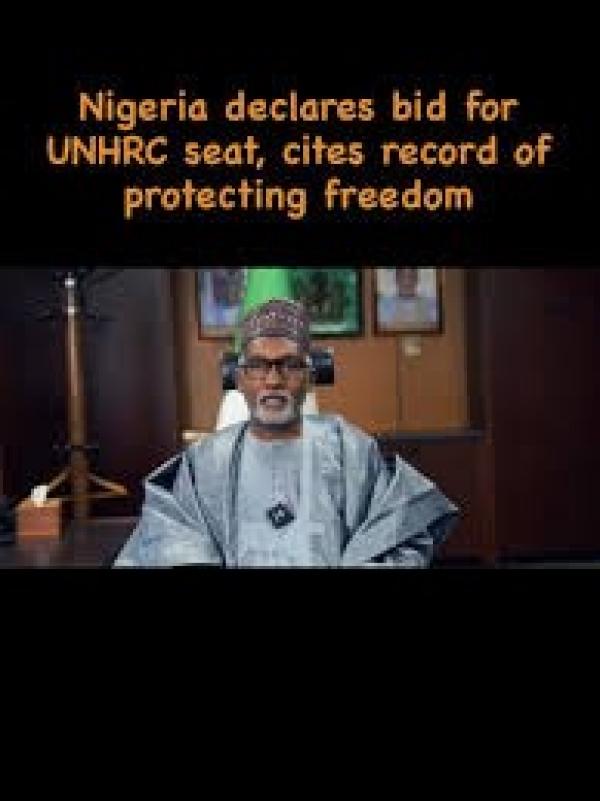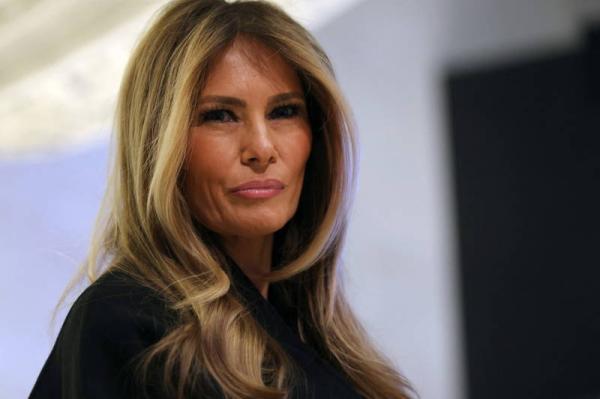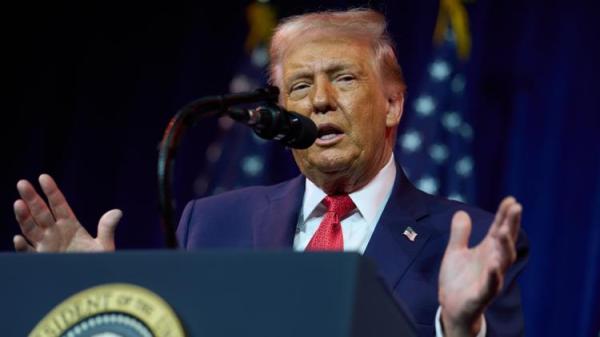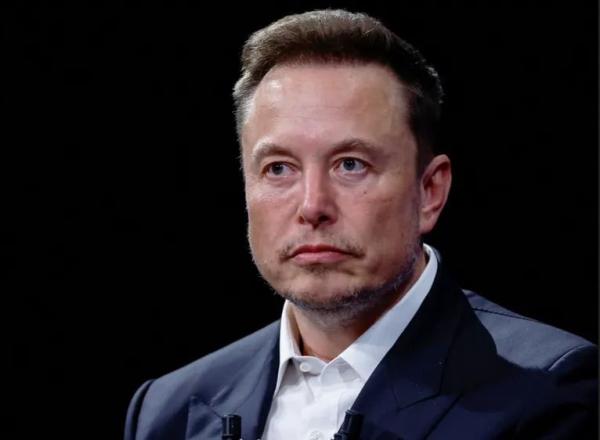
The biggest leak in global journalism has revealed offshore holdings and undisclosed assets of 12 current and former world leaders including close associates of Russian President Vladimir Putin, and former Governor of Delta State James Ibori.
The leaked records — which were reviewed by a team of more than 370 journalists from 76 countries — come from a little-known but powerful law firm based in Panama (hence the name Panama Papers), Mossack Fonseca, that has branches in Hong Kong, the U.S., Switzerland and more than 35 other places around the globe.
The leak was obtained from Mossack Fonesca by German newspaper Süddeutsche Zeitung who worked in collaboration with the International Consortium of Investigative Journalists (ICIJ) and about 106 news organisations across the world. About 11 million documented records of how a global industry of law firms and big banks sell financial secrecy to politicians, fraudsters and drug traffickers as well as billionaires, celebrities and sports stars were analysed and made public.
Mossack Fonseca is one of the world’s top creators of shell companies, corporate structures that can be used to hide ownership of assets. The law firm’s leaked internal files contain information on 214,488 offshore entities connected to people in more than 200 countries and territories.
The data includes emails, financial spreadsheets, passports and corporate records revealing the secret owners of bank accounts and companies in 21 offshore jurisdictions, from Nevada to Singapore to the British Virgin Islands.
The Panama Papers reveal that associates of Russian President Vladimir Putin secretly shuffled as much as $2 billion through banks and shadow companies.
The files expose offshore companies controlled by the prime ministers of Iceland and Pakistan, the king of Saudi Arabia, the children of the president of Azerbaijan and even FC Barcelona soccer star Lionel Messi.
Beneficiaries of the secret financial dealings include at least 33 people and companies blacklisted by the U.S. government because of evidence that they had been involved in wrongdoing, such as doing business with Mexican drug lords, terrorist organizations like Hezbollah or rogue nations like North Korea and Iran.
Former Delta State governor, James Ibori, was also alleged to have set up firms and foundations to hide his assets in secret offshore tax havens. Some of the hidden assets were looted from the Delta State treasury.
Ibori is serving a 13-year jail term in the United Kingdom after he was found guilty of fraud charges in 2012.
The Panama Papers disclosed that Ibori worked with a Swiss asset management firm, Clamorgan S.A., to establish Stanhope Investments Limited, Julex Foundation, and The Hopes Trust, with himself; his wife, Theresa, and presumed daughters, Obianuju, Ehriatake Ibori, Otonvwen, Eseoghene, Oberhili and Eguono, as directors. These firms were used to launder public funds.
According to ICIJ reports, working on behalf of Ibori, Clamorgan S.A. registered Stanhope Investments Ltd. in the Pacific Island of Niue with initial shareholders’ capital of $50,000 at $1.00 per share, all held by Julex Foundation. A certificate of incorporation for Stanhope was issued by the Office of the Registrar of International Business Companies on August 11, 2003.
On behalf of Mr. Ibori, Clamorgan S.A. contacted Mossack Fonseca & Co. in Seychelles to act as the registered agents for Stanhope Investments Ltd.
In Iceland, thousands of Icelanders took to the streets of Reykjavik, capital of Iceland, demanding the resignation of their Prime Minister Sigmundur David Gunnlaugsson after it was alleged that he had invested in a secret offshore company in 2007 just before the global financial crash brought Iceland to its knees. Gunnlaugsson never declared this hidden asset to the authorities—he later sold half of his off-shore company, which may have been worth millions, to his wife for just $1.
Gunnlaugsson now faces a vote of no confidence in the Icelandic parliament although he denies breaking any law and refuses to resign.
In Ukraine, the opposition launched a campaign to impeach President Petro Poroshenko after it emerged that he had set up a secret off-shore company in the British Virgin Islands to protect his assets just as Russian tanks were rolling into the country.
The leaked files include a convicted money launderer who claimed he’d arranged a $50,000 illegal campaign contribution used to pay the Watergate burglars, 29 billionaires featured in Forbes Magazine’s list of the world’s 500 richest people and movie star Jackie Chan, who has at least six companies managed through the law firm.
As with many of Mossack Fonseca’s clients, there is no evidence that Chan used his companies for improper purposes. Having an offshore company isn’t illegal. For some international business transactions, it’s a logical choice.






















